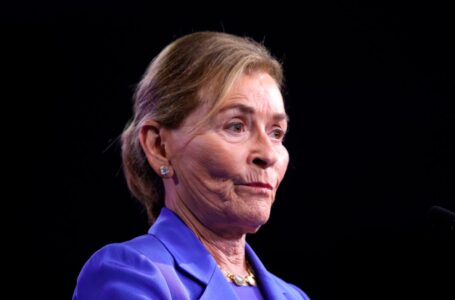By eliminating talent agencies’ involvement with packaging and production affiliates, the guild is unnecessarily upending practices that, ironically, serve the interests of its own members, writes attorney Bryan Freedman.
It is increasingly apparent our industry is nearing a moment of potentially damaging uncertainty and instability. This moment is driven by what I and others in our business consider to be an ill-advised, uncompromising campaign by the WGA to unnecessarily upend practices that, ironically, serve the interests of its own members — by altogether eliminating talent agencies’ involvement with packaging and production affiliates.
The WGA’s position that packaging should be completely eliminated would force its members to pay commissions on every project. The WGA justifies its stance on the unsubstantiated belief that writers will receive financial incentives not otherwise available. In reality, the WGA is merely proposing to strip away its members’ right to choose — taking away a writer’s choice and doing so without any guarantee of financial benefits or providing options for its members who prefer not to pay commissions.
Agencies, on the other hand, believe that writers can make, and are well served by having the ability to make, their own informed decisions whether to be in a package and avoid paying commission.
For years, writers and talent agencies have been concerned about the shrinking number of job opportunities available to writers. But it’s clear the agencies’ participation, either directly or indirectly, with certain production affiliates has created more opportunities for writers. Yet the WGA argues that it creates an incurable conflict that mandates total elimination of talent agencies’ participation with these affiliates. Rather than negotiate safeguards to avoid any potential or perceived conflicts, they simply are fighting to eliminate these opportunities for writers altogether. That approach unnecessarily harms WGA members by eliminating valuable partnerships that indisputably create more work.
Moreover, in an attempt to gain leverage, WGA leaders are encouraging members to prepare to fire their agents and have managers and attorneys assume responsibility for procuring employment on their behalf. This also is ill-informed. Writers are currently protected under the Talent Agencies Act and California law that shields artists from abuse by providing financial, workplace safety and regulatory protections. The mere suggestion that talent managers and attorneys, without any licensing or oversight, assume these roles in and of itself violates the Talent Agencies Act and will put the entertainment industry into a state of chaos. It would leave WGA members completely unprotected under the law or by the state labor commissioner.
While there may be potential for conflict in situations where a talent agency is involved with a package deal or a production affiliate, the WGA has framed these issues as if there is an actual conflict in every instance. For those of us who have been in this business a long time — in my case, representing both writers and agencies in countless situations — the WGA’s claim is not grounded in reality. In this time of change and shifting economics for writers and all artists, content creators need more choices and opportunities, not fewer.
The WGA, agencies and other stakeholders should focus on ensuring that writers have full transparency and choice, so writers can make the best decisions for their careers.
Bryan Freedman is founding partner and head of entertainment and media for Freedman + Taitelman LLP.
This story first appeared in the April 3 issue of The Hollywood Reporter magazine. To receive the magazine, click here to subscribe.





